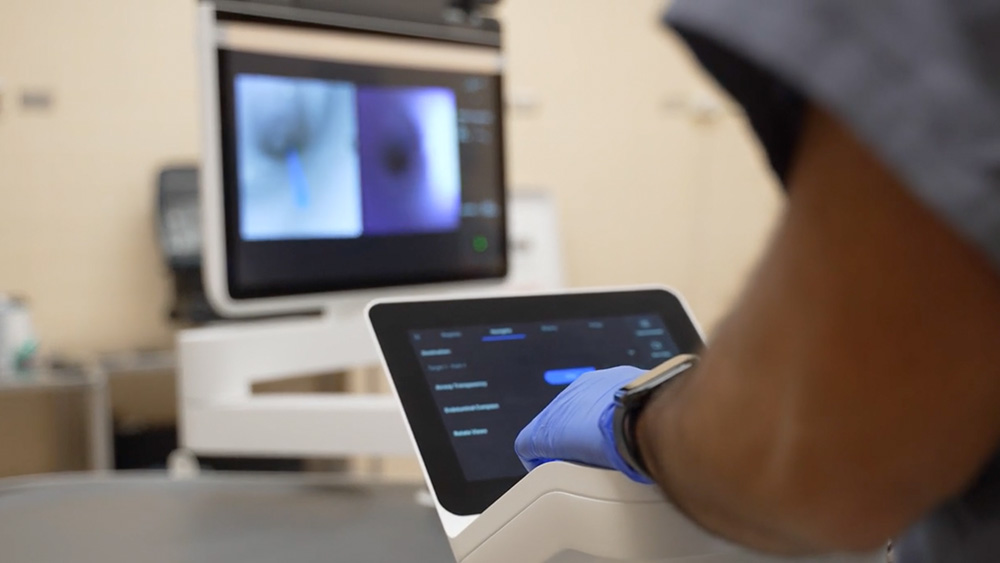Surgical Care that Puts Your Healing First
When cancer requires surgery, our highly skilled surgical oncology team is here to offer precise, individualized care. Using the latest techniques and technology, we focus on removing cancer effectively while promoting the best possible recovery. Every step of the way, we are committed to supporting you and your family through your cancer journey.
Our Approach to Surgical Oncology
Surgical oncology is a key part of our multidisciplinary approach to cancer treatment. Our surgeons work closely with medical oncologists, radiation oncologists, hematologists, pathologists, and other healthcare specialists to ensure every patient receives a coordinated, well-rounded treatment plan tailored to their specific needs and goals. We prioritize minimally invasive techniques whenever possible to reduce recovery time and improve outcomes, while focusing on your long-term health and wellness.
Conditions We Treat
Our surgical oncologists diagnose and treat a wide variety of benign and cancerous conditions using advanced surgical techniques.
Cancerous
From early-stage diagnosis to complex procedures, we offer specialized care for many types of cancer, including but not limited to:
- Bile duct cancer
- Colorectal cancer
- Gallbladder cancer
- Kidney cancer
- Liver cancer
- Pancreatic cancer
- Stomach cancer
Non-Cancerous
Our surgeons also have expertise in the treatment of benign (non-cancerous) conditions, such as:
- Benign abdominal tumors
- Bile duct injuries
- Biliary cysts
- Hepatic (liver) cysts
- Pancreatic cysts
Our Services & Treatments
Our surgical oncologists provide a range of specialized surgical procedures tailored to diagnosing and effectively treating each type of cancer. Our team uses advanced techniques to ensure the best outcomes while focusing on minimizing recovery time and improving quality of life.
- Fine needle aspiration (thin needle extracts tissue or fluid samples from suspicious areas)
- Core needle biopsy (needle removes a core of tissue for more detailed analysis)
- Excisional biopsy (removal of the entire suspicious area)
- Incisional biopsy (portion of the suspicious tissue is removed for testing)
- Laparoscopy (surgical procedure using small incisions and a camera to guide the surgery)
- Robotic surgery (minimally invasive surgery using robotic systems to enhance precision
- Resection of tumors / Tumor debulking (removing part of a tumor to relieve pain or pressure)
- Stent insertion (relieve obstructions and improve quality of life)
- Colectomy (partial or total colon removal)
- Proctectomy (removal of rectum)
- Colostomy or Ileostomy
- Laparoscopic and robotic-assisted colorectal surgery
- Nephrectomy (partial or radical kidney removal)
- Laparoscopic or robotic-assisted nephrectomy
- Hepatectomy (partial liver removal)
- Laparoscopic hepatectomy
- Ablative techniques (radiofrequency ablation, microwave ablation)
- Whipple procedure (Pancreaticoduodenectomy)
- Distal pancreatectomy
- Total pancreatectomy
- Minimally-invasive pancreatic surgery
- Gastrectomy (partial or total stomach removal)
- Minimally-invasive laparoscopic gastrectomy
- Lymph node removal








